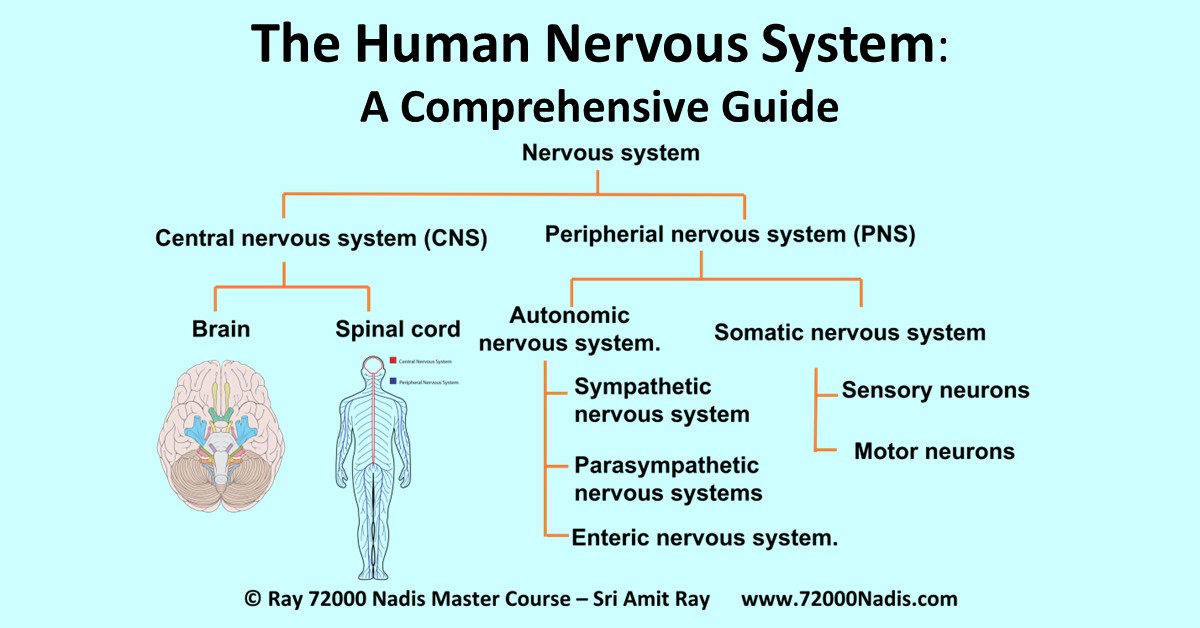The Human Nervous System: A Comprehensive Guide
The human nervous system is a complex network of nerves, neurons, and specialized cells that are responsible for controlling and coordinating all bodily functions. From the moment we are born to the final breath we take, our nervous system is responsible for transmitting messages, processing information, and coordinating actions.
As such, understanding the human nervous system is crucial not just for medical professionals but also for anyone who wants to learn more about the human body and its workings. In this comprehensive guide, you will learn the hierarchy of human nervous system, various components of the nervous system, how they work together, and their importance to overall health and well-being.

The Human Nervous System
The Hierarchy of the Nervous System
The hierarchy of the nervous system can be thought of as a series of levels, with the brain at the top, the spinal cord in the middle, and the peripheral nervous system at the bottom. This hierarchical organization reflects the complexity and organization of the nervous system and is essential for regulating and coordinating the body’s functions.
The human nervous system is divided into two main components: the central nervous system (CNS) and the peripheral nervous system (PNS). The PNS is further divided into two main branches: the somatic nervous system and the autonomic nervous system. The somatic nervous system controls voluntary movements and sensory information, while the autonomic nervous system controls involuntary functions such as breathing, heart rate, and digestion.
Overall, the human nervous system is a complex and highly specialized network of cells and structures that allow us to interact with our environment and control our bodily functions.Read More »The Human Nervous System: A Comprehensive Guide
